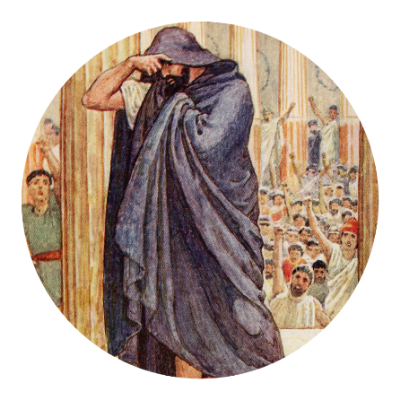From an evaluation by Roy Longbottom, this interesting observation:
In 1978, the Cray 1 supercomputer cost $7 Million, weighed 10,500 pounds and had a 115 kilowatt power supply. It was, by far, the fastest computer in the world. The Raspberry Pi costs around $70 (CPU board, case, power supply, SD card), weighs a few ounces, uses a 5 watt power supply and is more than 4.5 times faster than the Cray 1.
It’s not clear, but I think they were referring to the version 1 Pi - the newer ones are much much much faster.
And model 1 was even cheaper (but I guess these values should be indexed on inflation anyway)
I love looking that stuff up for perspective. 7 million in 1978 is $33 million today.
deleted by creator
Yep.
“In 1978, the Cray 1 supercomputer cost $7 Million, weighed 10,500 pounds and had a 115 kilowatt power supply. It was, by far, the fastest computer in the world. The Raspberry Pi costs around $70 (CPU board, case, power supply, SD card), weighs a few ounces, uses a 5 watt power supply and is more than 4.5 times faster than the Cray 1”
…
Raspberry Pi ARM CPUs - The comment above was for the 2012 Pi 1. In 2020, the Pi 400 average Livermore Loops, Linpack and Whetstone MFLOPS reached 78.8, 49.5 and 95.5 times faster than the Cray 1.
That’s surprisingly powerful for the Cray. So it could have probably ran Doom?
Hard to say. It had 8MB of RAM, which is plenty for Doom. Its CPU runs at 80MHz–a monstrous clock rate for 1976–but from what I can tell of its architecture, it favors running the same thing on millions of datapoints. Something like how GPUs work now. Doom wasn’t coded for an architecture like that.
Carmack has some remarks about it here (quoted below for avoiding Xhitter): https://twitter.com/ID_AA_Carmack/status/1340794861050605568
"AFAIK, nobody ever ported Doom to run on a Cray 1. The scalar CPU should be fast enough (in 1976!) to draw 320x200, but memory would be an issue because it wasn’t byte addressable – you could only load and store aligned 64 bit values, and a max of 1M elements would be a pinch. "
So that 8MB of RAM sounds like a lot, but it can’t load data very efficiently for less than 64-bit values, and thus it doesn’t go as far as you’d think.
Cray Z
I was hoping to come up with a joke to follow that, but it would probably just be a FLOP.
Someone’s hopeful for Doom.
That’s surprisingly powerful for the Cray. So it could have probably ran Doom?
Its strength was in running the same operation on large sets of data rather than general purpose computing. So specialist hardware would need to be developed for real time input and a graphical display (which would need to be able to draw the screen from the data the Cray produced. )
I think a better comparison would be a modern GPU.
A Cray 1 could do approx 160,000,000 floating point operations per second. A modern GPU can do 1,600,000,000,000 per second.
If I’m reading that right, it’s 2 orders of magnitude greater? (Math is not my strong suit)
deleted by creator
It could run Crysis on ultra.
deleted by creator







